Japan
Eighty years after the atomic bombing of Hiroshima, efforts continue on the nearby island of Ninoshima to uncover the remains of victims—many still unaccounted for, many likely children. The site, once a field hospital where thousands were brought by boat after the blast, is now a place of solemn excavation and prayer.
Rebun Kayo, a researcher at Hiroshima University’s Center for Peace, has made it his mission to recover and honor those forgotten. "Unless I experience it with all five senses, I can’t truly get close to how people felt at the time," he said. "Just how much pain they must have gone through."
Kayo has unearthed dozens of bone fragments in the island’s forest, including a child’s jaw with tiny baby teeth. Holding the fragment, he reflected: “What could such a little child, practically a baby, possibly have done wrong?” He shook his head. “Why did they have to be killed in such an unjust, senseless way and buried here?”
Among those deeply touched by Kayo’s work is Tamiko Sora, a 3-year-old survivor of the Hiroshima blast who still wonders what became of her missing aunt and uncle. "When I searched through various records with Mr. Kayo," she said, "we gradually began to think they may have been taken to Ninoshima.”
Sora now visits the island to offer prayers. For her and many others, the war’s devastation still lingers. “They serve as storytellers,” Kayo said of the bones. “They can’t speak, but I believe they still communicate something to us.”




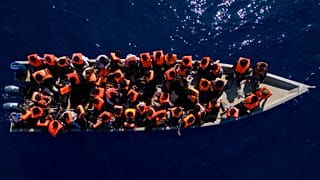
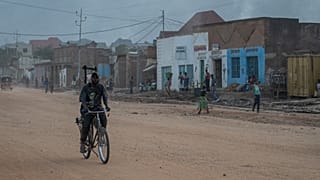
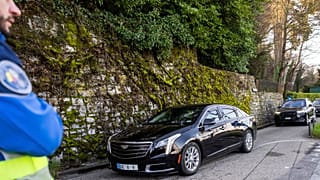
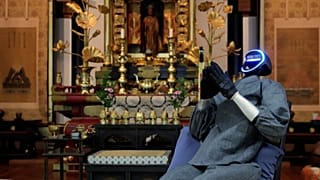
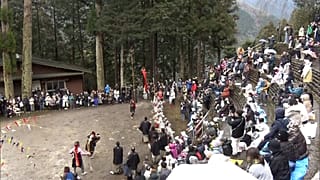
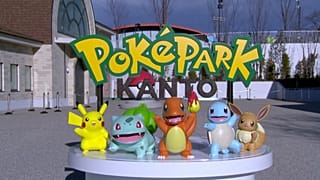
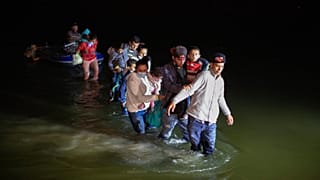
01:32
Legal case sheds light on US-Nigeria tensions over religious freedom
01:08
Zambia rejects U.S. health aid over mining partnership ties
01:00
Pix of the Day, 25 February 2026
01:48
Iran warns US: choose 'table of diplomacy' or face 'firm blow'
01:00
Iran faces renewed student protests in Tehran as new semester begins
01:00
New York buried in nearly 60 centimetres of snow as Manhattan falls silent